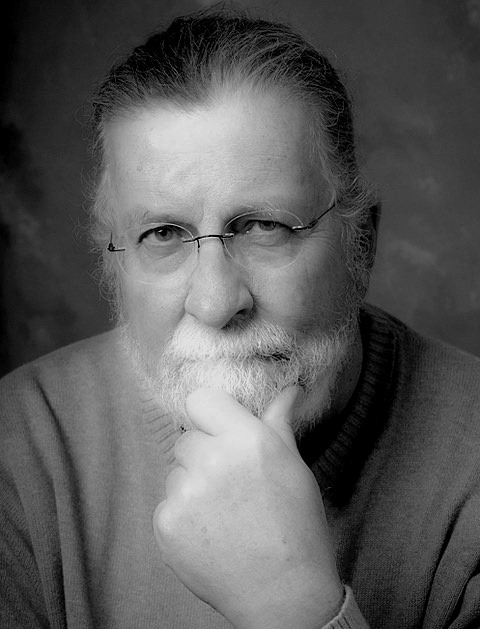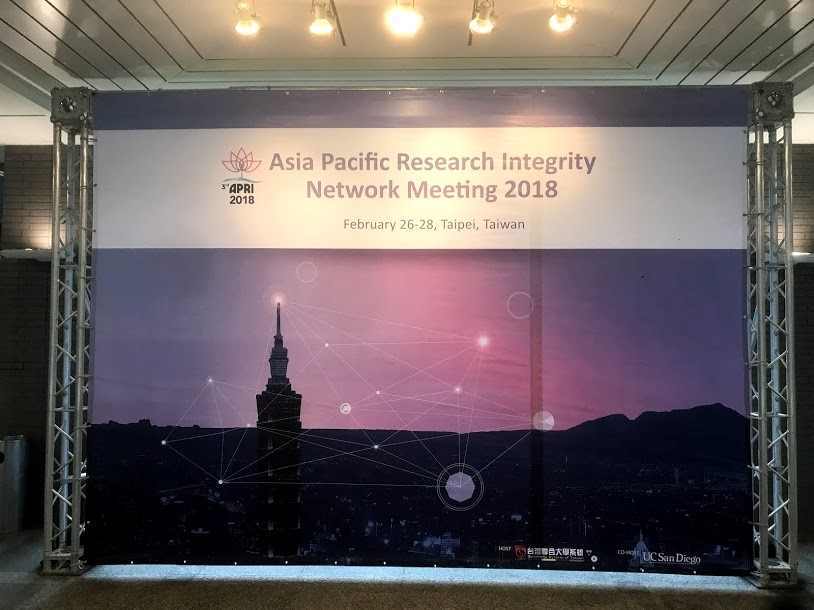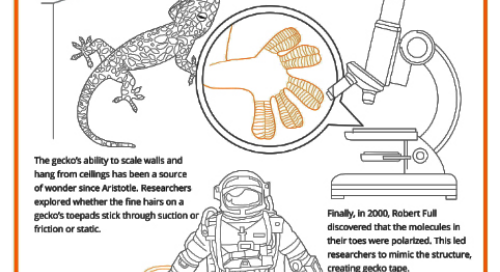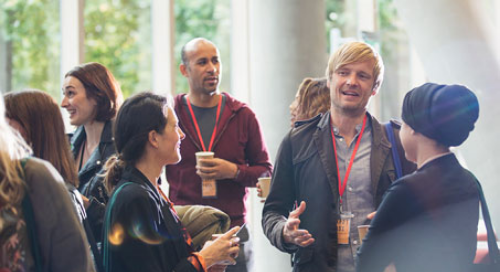5-things-you-should-know-about-the-members-of-social-science-and-humanities-associations
February 14, 2020
The term “researcher” is a broad umbrella. A chemist, a sociologist, and a musicologist are all “researchers,” but you won’t find a musicologist handling test tubes, nor will you find a chemist conducting open-ended interviews. Yet in each of those professions, members who work in academia consume and publish research and, perhaps, may also belong to a society. So, we wanted to know: are they each looking for the same things (or different things) in society membership?
We received responses to the Wiley Society Member Survey from over 40 disciplines, and researchers in the social sciences and humanities (SSH) made up the second largest group of respondents, with over 200 responses. With so much data to go on, we found five key things about these members that the associations who serve them should keep in mind:
1. They don’t yet belong to an association, or haven’t been a member for very long.
Just under half of SSH researchers we surveyed don’t yet belong to a society. Those who do have only been a member for about six years—nearly a year less than the overall survey average. However, while researchers in other disciplines, like chemistry, say that cost as the main barrier to membership, most SSH researchers haven’t yet joined because they’re not familiar with the societies relevant to their field.
In fact, more than a third of SSH survey respondents say that they would join a society if they were invited . . . so seize this opportunity! Take the initiative to reach out to these non-members, especially in person at conferences or networking events, or even by email, social media, or any other means to improve awareness of your society in the discipline.
2. They’re looking for help with their career.
When it comes to what SSH researchers want from their societies, they’re not so different from researchers in other disciplines—everyone wants help advancing their careers. Specifically, 45% of SSH researchers want to attend local networking events, 40% want to learn more about making major career moves, and 34% are interested in hearing about career opportunities while 31% would appreciate help with professional development such as CV building.
Given that only about half of all survey respondents said that they are satisfied with the career support they receive from their society, it’s no wonder if SSH researchers may be hesitant to join or renew. Improving career support—and publicizing this membership service—will attract new members and increase member retention.
3. They read a lot of research (and author a lot, too!)
SSH researchers are, in a word, readers. Over 80% of respondents in the humanities and social sciences told us that they regularly consume research, compared to 70% of engineers and only 57% of chemists.
But SSH researchers don’t just consume research; they produce it, too. About three quarters of humanities and social science researchers say they publish research, which is just about on par with their hard science counterparts.
With more balance between reading and producing research in SSH fields than in the hard sciences—where researchers are primarily producers rather than consumers—access to literature is key, so keep that in mind when you look at your publication policies and membership benefits.
4. They’d like help to publish open access.
While SSH researchers publish as much as researchers in other disciplines, our results show that they are less likely to publish their work in an open access (OA) publication. Only about half of social science and humanities authors have published OA, compared to 64% and 65% of engineers and chemists, respectively.
This may be due less to personal or discipline preferences than to pervasive myths about SSH disciplines or just basic economics. SSH researchers have less financial support and likely less funding to publish OA than, say, researchers in medicine. Perhaps unsurprisingly, we found that researchers in SSH disciplines are keen to join societies if there is financial support available to help offset Article Publication Charges (APCs) as part of their society membership—showing that the OA interest is there, they just need help making it a reality.
5. They’ll appreciate support to navigate change
43% of SSH respondents, (more than the survey average), would like to receive a print edition of the society journal when their paper is published in it, as a membership benefit. Combined with lower OA publishing rates, this print preference could signal that SSH researchers are a bit more traditional than researchers in other disciplines.
This may be a challenge for associations interested in joining the larger industry shift toward open access, digital-only publishing. Societies can help their members get on board with new initiatives by communicating clearly and often about why existing services or policies are being phased out. Being proactive in explaining why changes are happening also helps members understand and be part of the change, rather than just feeling impacted by it.
The Bottom Line
SSH researchers have unique needs and preferences that societies need to consider. They respond best to personal contact, whether that’s a direct email or a conversational exchange at a workshop or conference. They are focused on their careers . . . but they’re not entirely sure how to make progress and are looking for help and support (which societies can offer!). They consume more research than other disciplines, and while their output matches up, they tend to publish in more traditional mediums rather than in open access publications.
All of these characteristics represent opportunities for societies to step in and either educate or help fill a need. And remember—non-members in the social sciences and humanities are just awaiting your society’s invitation!








